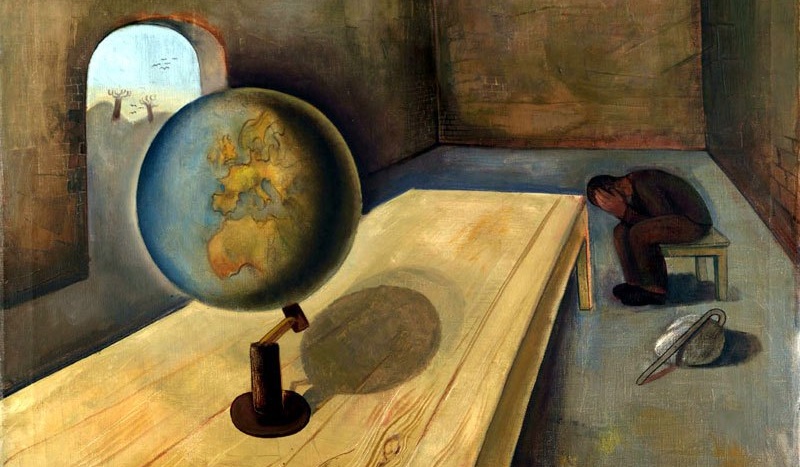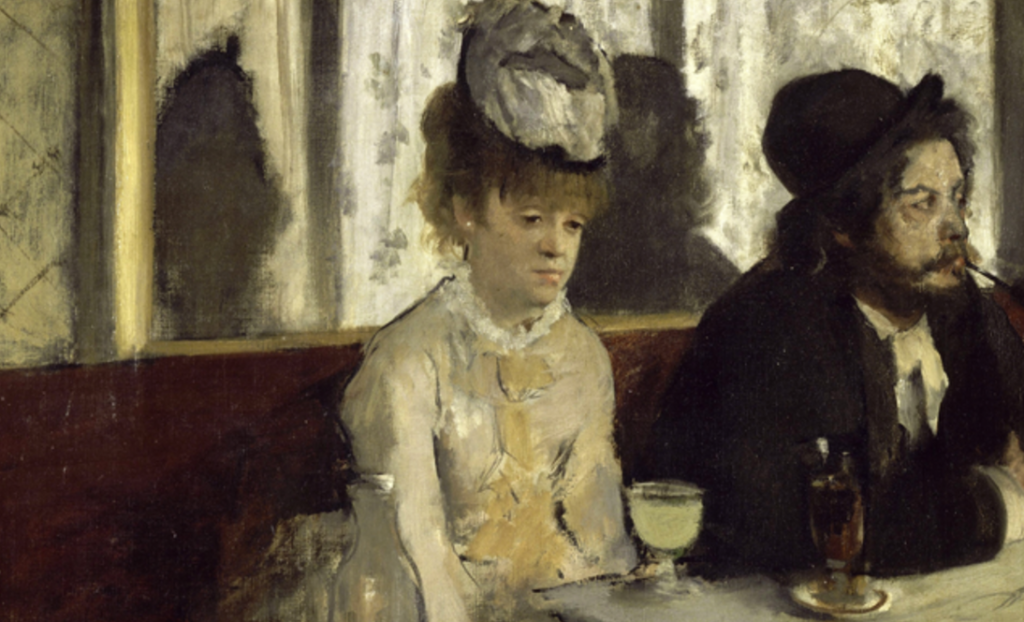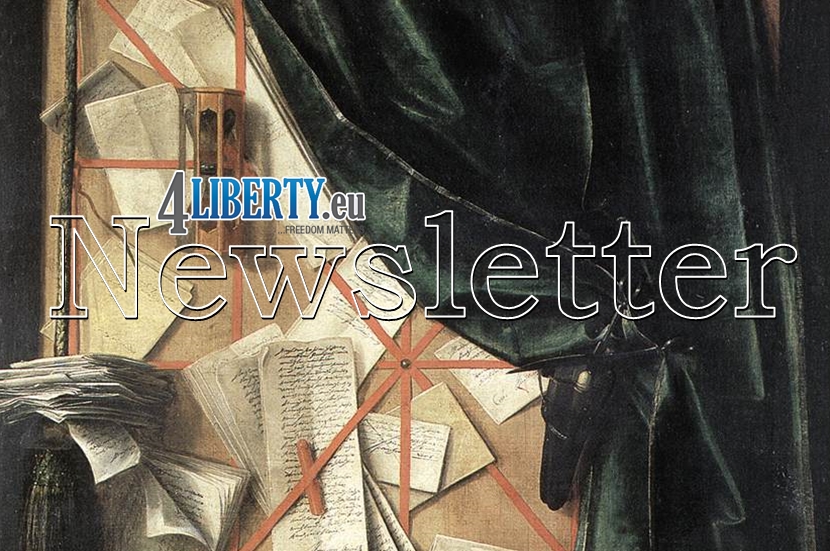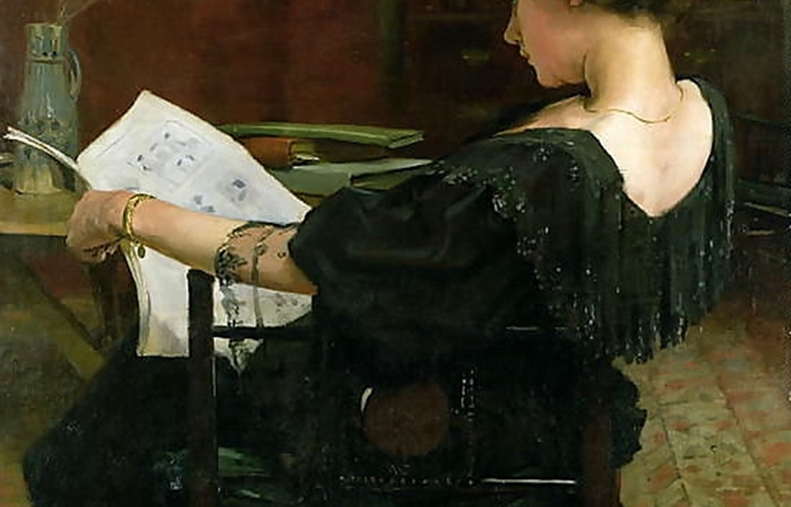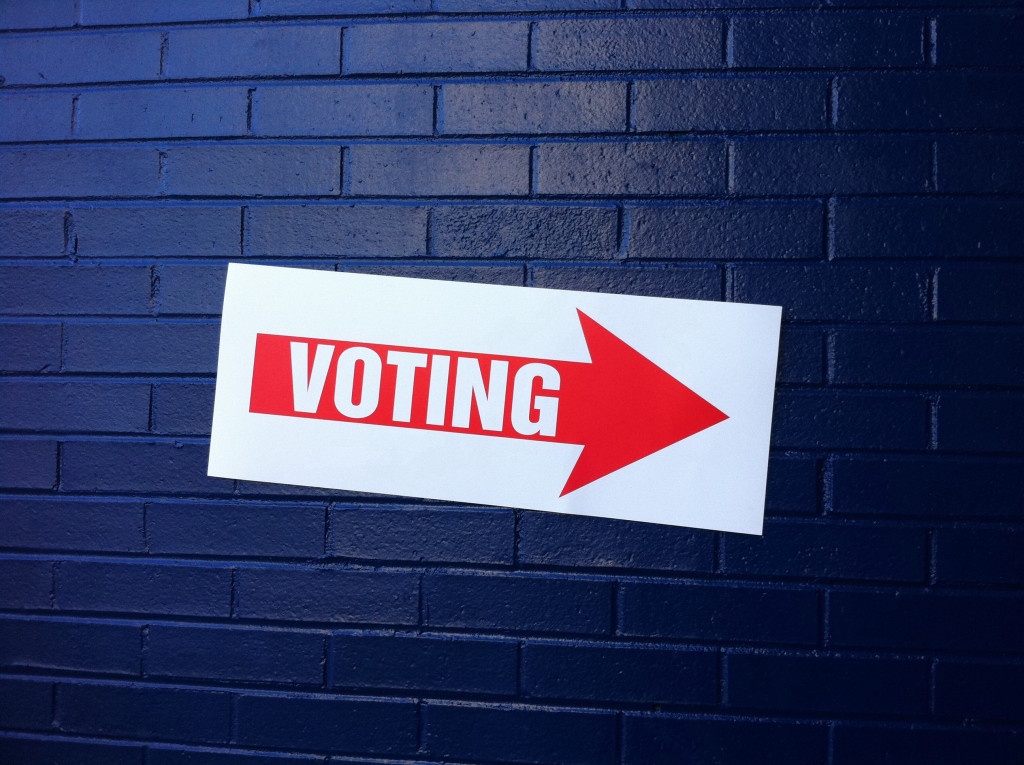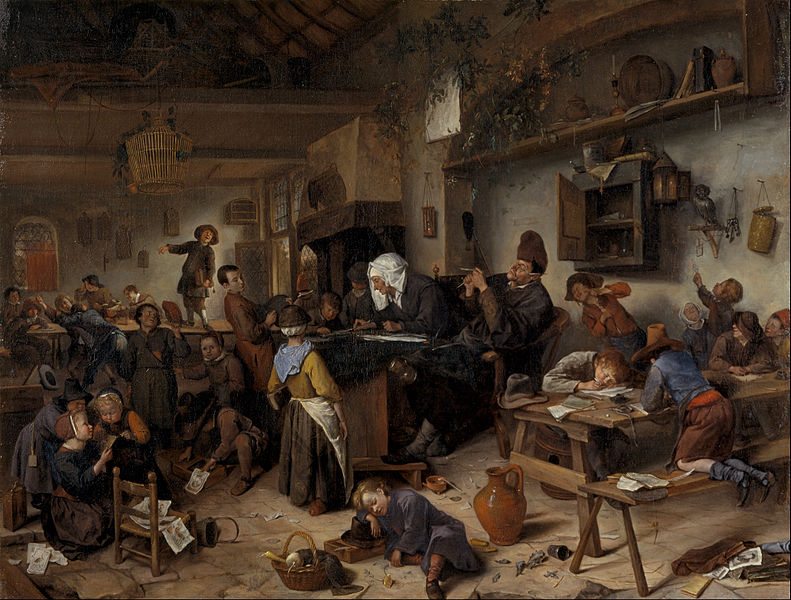
Hungarian Education System, 12 Years Later: From Government Change to University Protests, Teacher Strikes
The Hungarian education system is in an alarming state. Since the regime change in 1990, many both left-wing and right-wing governments tried to reform education; however, neither of those were successful.



